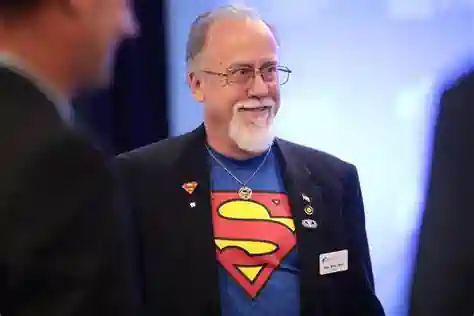The M issouri House of Representatives unanimously passed House Bill 709, officially named "Trey's Law," which prohibits the use of non-disclosure agreements in civil settlements involving victims of child sexual abuse and human trafficking.
issouri House of Representatives unanimously passed House Bill 709, officially named "Trey's Law," which prohibits the use of non-disclosure agreements in civil settlements involving victims of child sexual abuse and human trafficking.
 issouri House of Representatives unanimously passed House Bill 709, officially named "Trey's Law," which prohibits the use of non-disclosure agreements in civil settlements involving victims of child sexual abuse and human trafficking.
issouri House of Representatives unanimously passed House Bill 709, officially named "Trey's Law," which prohibits the use of non-disclosure agreements in civil settlements involving victims of child sexual abuse and human trafficking.Introduced by State Representative Brian Seitz, a Republican from the Branson area representing District 156, the legislation was inspired by Trey Carlock, a victim of sexual abuse at Kanakuk camp.
The bill sailed through the House with a resounding 148-0 vote and now awaits consideration in the Missouri Senate. During a passionate address on the House floor, Seitz emphasized that non-disclosure agreements were originally intended to protect corporate trade secrets, not to conceal the trauma of abuse victims or shield perpetrators.
He reiterated this stance at the April 18 meeting of the Taney County Republicans in Branson, underscoring the bill’s intent to eliminate judicial enforcement of NDAs in such cases.The legislation received robust bipartisan support, highlighted by a powerful moment when St. Louis-area Democratic Representative Tonya Rush courageously revealed on the House floor that she, too, had been a victim of childhood abuse, a disclosure she had never shared before, not even with her parents.
The push to remove NDAs in child sexual abuse cases has gained significant traction in Missouri, fueled by public outrage over lawsuits against Kanakuk involving convicted pedophile Pete Newman.
A public petition advocating for the elimination of NDAs in these cases has amassed over 27,000 signatures, reflecting widespread community support for "Trey's Law" and its mission to ensure victims’ voices are not silenced.
